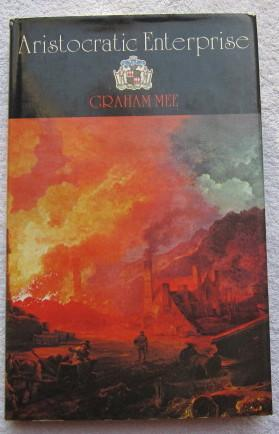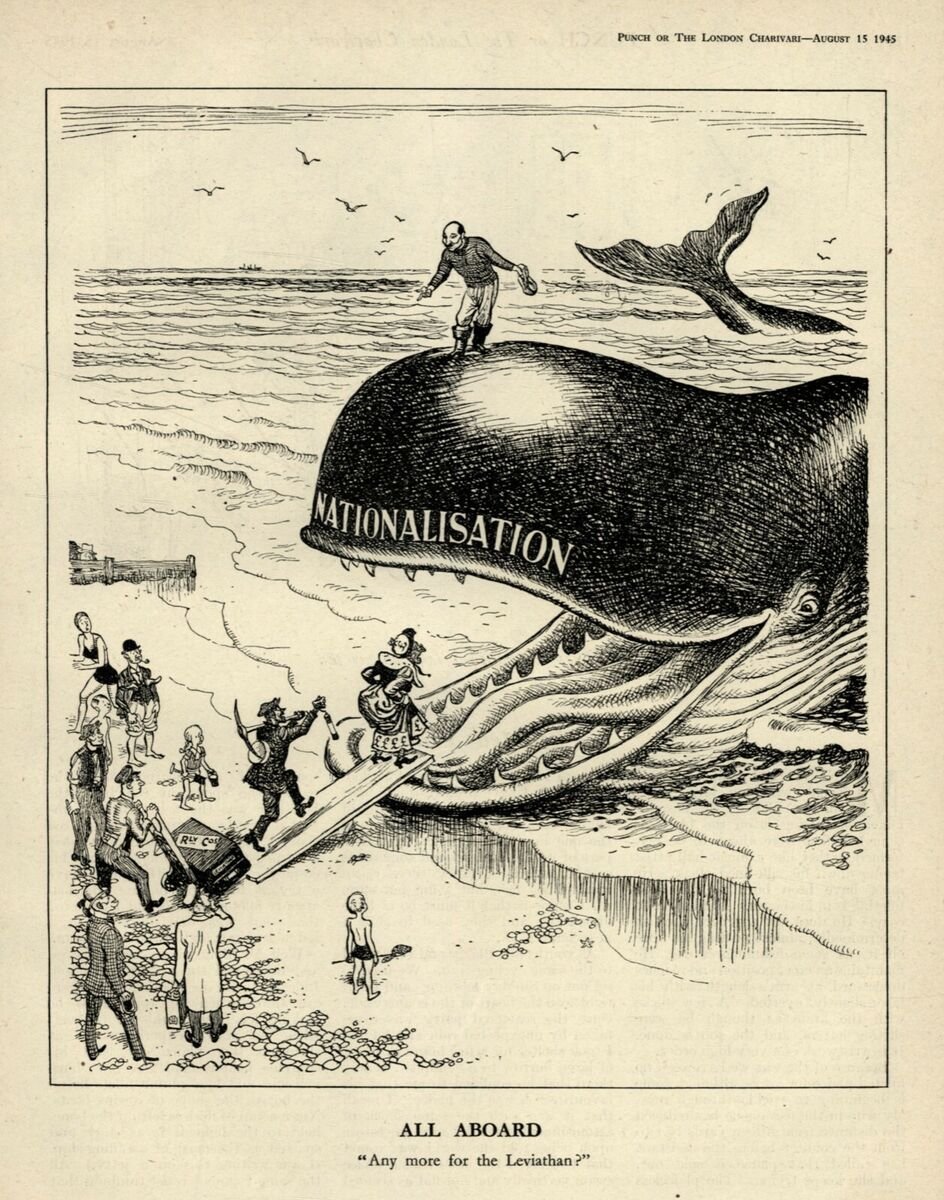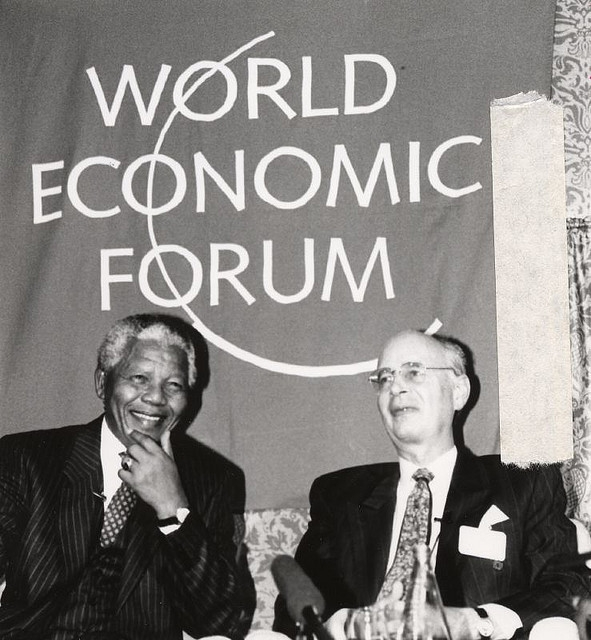This is what Zimbabweification means for landowners, and really anyone who is normal and has assets
As leftism is built on envy and grievance, like Mugabe's Zimbabwe, the jackals are coming for wealth in the name of equity, as has happened before in England
🧵👇
As leftism is built on envy and grievance, like Mugabe's Zimbabwe, the jackals are coming for wealth in the name of equity, as has happened before in England
🧵👇

Mugabe is far from the only communist to do this, of course. All such regimes, from the Bolsheviks to Mao, confiscated land in the name of leveling society
But Mugabe is particularly apt, as his land confiscation wasn't so much for economic reasons as for spite and envy
To some extent, that was true of all communist regimes. But some of the Soviets at least appeared to think farm collectivization would lead to some prosperity for at least some of the USSR. Similarly, Mao's collectivization and bird killing had a drop of (quite poor) economic reasoning behind it. It was all ridiculous and foolish, of course, but not motivated purely by spite
Mugabe's land expropriation was. No one thought that taking land out of the hands of intelligent farmers and putting it in the hands of various regime cronies and ex-guerrillas would lead to more prosperity. They just hated that the whites owned it, and so they wanted to steal it while citing racial "equity" as their reasoning
But Mugabe is particularly apt, as his land confiscation wasn't so much for economic reasons as for spite and envy
To some extent, that was true of all communist regimes. But some of the Soviets at least appeared to think farm collectivization would lead to some prosperity for at least some of the USSR. Similarly, Mao's collectivization and bird killing had a drop of (quite poor) economic reasoning behind it. It was all ridiculous and foolish, of course, but not motivated purely by spite
Mugabe's land expropriation was. No one thought that taking land out of the hands of intelligent farmers and putting it in the hands of various regime cronies and ex-guerrillas would lead to more prosperity. They just hated that the whites owned it, and so they wanted to steal it while citing racial "equity" as their reasoning

This is essentially what's happening in Britain now
Much as they claim that growing crops or raising animals on land is "hoarding" it and taxing families out of existence so that solar farms and migrant shelters can be built on fields that have been farmed for a millennium, that's not actually what they care about, nor what they really think
Only the dumbest could think poisoning the land with solar panels...in a county known for being cloudy, would be anything approaching a prosperity-inducing idea. It has even less sense behind it than Pol Pot killing people with glasses or Mao killing sparrows. Similarly, the migrants who need shelters built for them are an obvious drain on society rather than being anything prosperity-inducing
So, it's near impossible for anyone with a brain to seriously think that stealing, through brutal taxation, land from farmers would lead to prosperity or "new life"
Much as they claim that growing crops or raising animals on land is "hoarding" it and taxing families out of existence so that solar farms and migrant shelters can be built on fields that have been farmed for a millennium, that's not actually what they care about, nor what they really think
Only the dumbest could think poisoning the land with solar panels...in a county known for being cloudy, would be anything approaching a prosperity-inducing idea. It has even less sense behind it than Pol Pot killing people with glasses or Mao killing sparrows. Similarly, the migrants who need shelters built for them are an obvious drain on society rather than being anything prosperity-inducing
So, it's near impossible for anyone with a brain to seriously think that stealing, through brutal taxation, land from farmers would lead to prosperity or "new life"

If it's not about prosperity, then what is it about?
The "prices and rents" line in the above article is telling: they hate that the land of England is tied to its history
They hate that families like the Percys have owned 100k acres for centuries, that farmers who love England have tilled the same soil, whether because they own or rent it, for similar periods of time, that being part of the beautiful countryside is something that ties people to the country's history and traditions
Hence why they claim to want "prices and rents" to fall. It's not really about decreasing costs; if that's what they'd care about, then they'd reduce inflation and the resultant financialization of farmland that has resulted from it. But they're also the easy-money crowd, so it's not that. Rather, the gloating about seeing prices fall is gloating about the massive sales of land they know will happen. They know prices will fall like a rock when huge chunks of farmland hit the market due to families being unable to hold onto the same land their forefathers tilled, and they couldn't be happier
The "prices and rents" line in the above article is telling: they hate that the land of England is tied to its history
They hate that families like the Percys have owned 100k acres for centuries, that farmers who love England have tilled the same soil, whether because they own or rent it, for similar periods of time, that being part of the beautiful countryside is something that ties people to the country's history and traditions
Hence why they claim to want "prices and rents" to fall. It's not really about decreasing costs; if that's what they'd care about, then they'd reduce inflation and the resultant financialization of farmland that has resulted from it. But they're also the easy-money crowd, so it's not that. Rather, the gloating about seeing prices fall is gloating about the massive sales of land they know will happen. They know prices will fall like a rock when huge chunks of farmland hit the market due to families being unable to hold onto the same land their forefathers tilled, and they couldn't be happier

Key to their goal is severing the link between land and tradition
As things currently stand, the landed families and their longtime tenants are much more conservative and care about England herself rather than the cosmopolitan, globalist world of Rishi Sunak and Keir Starmer
Breaking that link is key to the liberal "end of history," or having a rainbow flag-festooned boot stomping on the face of normal people, forever. Without people tied to the nation's history, people, and culture, who will stand up to the BLM boot? No one
As things currently stand, the landed families and their longtime tenants are much more conservative and care about England herself rather than the cosmopolitan, globalist world of Rishi Sunak and Keir Starmer
Breaking that link is key to the liberal "end of history," or having a rainbow flag-festooned boot stomping on the face of normal people, forever. Without people tied to the nation's history, people, and culture, who will stand up to the BLM boot? No one

But it's also just spite
They hate that certain families own much of the land and have managed to hold onto it despite taxes and regulatory hostility
They hate that people like @JeremyClarkson own land and want to be able to do on it what they please, rather than what a council decides
They hate liberty, they hate freedom, and they hate that such feelings tend to come from country living
And that brings us back to Mugabe. They hate that people like the Duke of Rutland (a UKIP patron) enjoy chasing the fox on horseback or shooting grouse, not so much for any reason other than that they exist. They hate that farmers enjoy the crisp country air, the sight of sheep and cows grazing, the joy that comes from riding a horse into a covert or alongside a hedgerow. And, of course, they hate the feeling of private property and ownership; such is a feeling of independence, of resistance to liberalism and its leveling impulse, and so on
And, like Mugabe, they're justifying their confiscation of private property (though through taxation rather than men with guns) in the name of racial equity.
It's just envy, it's just hate of normal white people. It's just Mugabeism
They hate that certain families own much of the land and have managed to hold onto it despite taxes and regulatory hostility
They hate that people like @JeremyClarkson own land and want to be able to do on it what they please, rather than what a council decides
They hate liberty, they hate freedom, and they hate that such feelings tend to come from country living
And that brings us back to Mugabe. They hate that people like the Duke of Rutland (a UKIP patron) enjoy chasing the fox on horseback or shooting grouse, not so much for any reason other than that they exist. They hate that farmers enjoy the crisp country air, the sight of sheep and cows grazing, the joy that comes from riding a horse into a covert or alongside a hedgerow. And, of course, they hate the feeling of private property and ownership; such is a feeling of independence, of resistance to liberalism and its leveling impulse, and so on
And, like Mugabe, they're justifying their confiscation of private property (though through taxation rather than men with guns) in the name of racial equity.
It's just envy, it's just hate of normal white people. It's just Mugabeism

This isn't the first time that this has happened to England
The envy Starmer represents existed essentially from the Parliament Bill to Thatcher, particularly under Attlee and Wilson
Here's the background on that:
The envy Starmer represents existed essentially from the Parliament Bill to Thatcher, particularly under Attlee and Wilson
Here's the background on that:
https://x.com/Will_Tanner_1/status/1856364465626792367
The Attlee years particularly stand out as a time when envy won out and countryside life and prosperity were destroyed in the name of envy
The best example of this is what happened to the Fitzwilliam family and Wentworth Woodhouse
The best example of this is what happened to the Fitzwilliam family and Wentworth Woodhouse
The Fitzwilliams grew, under the low-tax Victorian and Edwardian years, fantastically wealthy off their coal mines. Unlike other landowners, such as the Marquesses of But, they didn't rent coal land out but instead ran the mines themselves
As mine owners and operators, they contrasted with the plutocratic, new-man mine owners in that they placed a heavy priority on miner safety, and seemed to care a great deal about miner well-being. They always had the best, most effective safety improvements in their mines, provided employment for mine workers during depression years when the mines were slowed or shut down, and generally treated the miners as people rather than industrial cattle

As mine owners and operators, they contrasted with the plutocratic, new-man mine owners in that they placed a heavy priority on miner safety, and seemed to care a great deal about miner well-being. They always had the best, most effective safety improvements in their mines, provided employment for mine workers during depression years when the mines were slowed or shut down, and generally treated the miners as people rather than industrial cattle


Proof that their behavior wasn't just an act is that the local miners liked them and stood by them, even during the nationalization period
That period came under Attlee, the post-WW2 PM. He nationalized railroads, mines, and mills in the name of...envy of the wealthy, explained away as caring about worker wages and safety. Amongst those mines confiscated were those of the Fitzwilliams, showing the lie of Attlee's reasoning: the Fitzwilliam miners were well-paid and safe
That period came under Attlee, the post-WW2 PM. He nationalized railroads, mines, and mills in the name of...envy of the wealthy, explained away as caring about worker wages and safety. Amongst those mines confiscated were those of the Fitzwilliams, showing the lie of Attlee's reasoning: the Fitzwilliam miners were well-paid and safe

But, nationalize them Attlee did. The spite and envy were put in clear relief by Manny Shinwell, the Labour Party's Minister of Fuel and Power
He ordered strip mining on the Fitzwilliam family's Wentworth Woodhouse estate, despite the low value of the coal on it. The miners protested and threatened striking over his decision, as they were loyal to the Fitzwilliam family, but Shinwell crushed that and the strip mining began. It ravaged the cultivated, Capability Brown garden landscape. It also continued right up to the door of Wentworth, and damaged the foundation of the house severely, making it unliveable
In the name of spite, he destroyed a family's home and gardens despite that family's kind treatment of their employees
He ordered strip mining on the Fitzwilliam family's Wentworth Woodhouse estate, despite the low value of the coal on it. The miners protested and threatened striking over his decision, as they were loyal to the Fitzwilliam family, but Shinwell crushed that and the strip mining began. It ravaged the cultivated, Capability Brown garden landscape. It also continued right up to the door of Wentworth, and damaged the foundation of the house severely, making it unliveable
In the name of spite, he destroyed a family's home and gardens despite that family's kind treatment of their employees

There was no reason for that other than envy. The miners had been well-treated, the coal was valueless, and the family paid its (unjustly high) taxes
But envy lies at the root of socialist Labour's popularity, just as it lies at the root of communism like Zimbabweification
So, with the Wentworth story playing out across the countryside and sky-high estate taxes destroying landed estates and old families, envy as a political force plagued England and culminated in Harold Wilson's 90% death taxes, currency devaluation, and economic stagnation
Of course, those who were destroyed for no reason other than envy were mocked for it by the media
But envy lies at the root of socialist Labour's popularity, just as it lies at the root of communism like Zimbabweification
So, with the Wentworth story playing out across the countryside and sky-high estate taxes destroying landed estates and old families, envy as a political force plagued England and culminated in Harold Wilson's 90% death taxes, currency devaluation, and economic stagnation
Of course, those who were destroyed for no reason other than envy were mocked for it by the media

That's back
Economic Envy is behind Starmer's decision to start confiscating land through taxation, and this time the country isn't still wealthy from Victoria but rather impoverished and already overtaxed, so the effects will be even worse
Economic Envy is behind Starmer's decision to start confiscating land through taxation, and this time the country isn't still wealthy from Victoria but rather impoverished and already overtaxed, so the effects will be even worse
https://x.com/Sargon_of_Akkad/status/1858486084386103618
As always, the policy of envy is justified by saying the policy will just make the rich "pay their fair share"
But are land-rich, cash-poor yeomen farmers "the rich"? Should the actually rich, those relatively few peers who survived the death taxes of Churchill, Attlee and Wilson, be destroyed because of envy? Is that just?
No. But it is what liberalism wants. "Equality," by which they mean state-enforced egalitarianism, requires it
So now the last remnants of the old world are being taxed out of existence, their land to be confiscated by the state in a process little different than what Mugabe did to Rhodesia. It's just envy, as the "meme" below shows
But are land-rich, cash-poor yeomen farmers "the rich"? Should the actually rich, those relatively few peers who survived the death taxes of Churchill, Attlee and Wilson, be destroyed because of envy? Is that just?
No. But it is what liberalism wants. "Equality," by which they mean state-enforced egalitarianism, requires it
So now the last remnants of the old world are being taxed out of existence, their land to be confiscated by the state in a process little different than what Mugabe did to Rhodesia. It's just envy, as the "meme" below shows

• • •
Missing some Tweet in this thread? You can try to
force a refresh


















